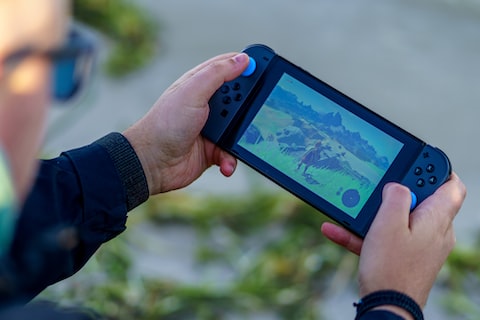Gaming has come a long way since the days of traditional board games. The evolution of technology has transformed the way people play and interact with games. From board games to consoles, join us on a journey through gaming history.
Board games have been a popular form of entertainment for centuries. Classics like chess, Monopoly, and Scrabble have brought people together for friendly competitions and strategic thinking. These games have laid the foundation for the development of more complex and immersive gaming experiences.
With the advent of computers and consoles, the gaming landscape began to change. The introduction of video games opened up a new world of possibilities. Pong, released in 1972, marked the beginning of the video game revolution. From there, the industry witnessed rapid advancements with the introduction of gaming consoles like Atari, Nintendo, and Sega.
In the 1990s, the gaming industry underwent another major transformation with the rise of PC gaming. With better graphics and more immersive gameplay, PC games gained a loyal following. Simultaneously, handheld gaming devices like Game Boy brought gaming on the go, making it accessible to a wider audience.
As technology continued to advance, so did the gaming experience. The rise of the internet and online gaming introduced a new era of multiplayer gaming. Players could now connect with others from around the world and compete in virtual arenas.
Today, gaming has become a multi-billion dollar industry, encompassing a wide range of genres and platforms. The introduction of virtual reality (VR) gaming has further pushed the boundaries of what is possible, allowing players to immerse themselves in virtual worlds.
From board games to consoles, the journey through gaming history is a testament to human creativity and the endless pursuit of immersive entertainment. Whether you enjoy the simplicity of a board game or the cutting-edge technology of a console, gaming offers something for everyone.

